 The BU ECRN & RKEDF are delighted to offer funding to organise an event, roundtable, meeting, training, or workshop in support of research at BU.
The BU ECRN & RKEDF are delighted to offer funding to organise an event, roundtable, meeting, training, or workshop in support of research at BU.
This funding supports BU Early Career Researcher Network members to organise and facilitate an event that can be thematic, subject/discipline based, foster community engagement, knowledge exchange or networking and does the following;
– Brings ECRs and others together to share ideas, knowledge and learning.
– Provides a space for intellectual discussion.
– Helps to facilitate collaboration and future opportunities.
– Enables an opportunity for networking.
BU ECRN members can access up to £500 to organise and host an event, roundtable, meeting, training, or workshop at BU. Please see the requirements below.
Read about past successful applicants here: BU Research Blog | Early Career Researcher networking funding outcomes: A Tabletop Discussion on Cyber Signatures in Human Trafficking | Bournemouth University
– Please note all requests are subject to approval by the RKEDF Team and must be made at least 3 weeks in advance of the event date. No reimbursements for payments will be made without prior authorisation from the team.
– All expenses must be paid by the end of the BU financial year (July 2025)
– You will need to receive written confirmation from RKDEF that your request has been successful before you can proceed with organising the event.
– The event cannot have taken place prior to submitting your application.
Eligible costs
- Event space
- Travel bursaries for attendees
- Catering and refreshments (Tea, Coffee, Water, Light snacks, Lunch)
- Av (projector, screen, laptop, tech support on the day, microphones)
- Printing costs (meeting handouts)
- Speaker fee (up to £500)
Ineligible Costs
- Software or hardware.
- International event, speaker, or travel costs.
- Costs for dependants or spouses to attend events.
- Research costs.
How to apply:
Please download and complete all of the sections of the EOI for BU ECRN Funding 2425 (500 words max per section) and email your completed application to: RKEDF@bournemouth.ac.uk by 10th March 2025. Successful applicants will be notified by 17th March 2025.
If you have any questions or queries, please contact BU ECRN Academic Leads Ann Hemingway (aheming@bournemouth.ac.uk) and Sam Goodman (sgoodman@bournemouth.ac.uk) or RKEDF Advisor Joelle Fallows (jfallows@bournemouth.ac.uk).






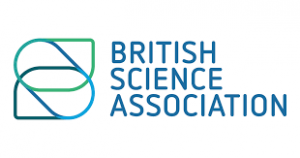
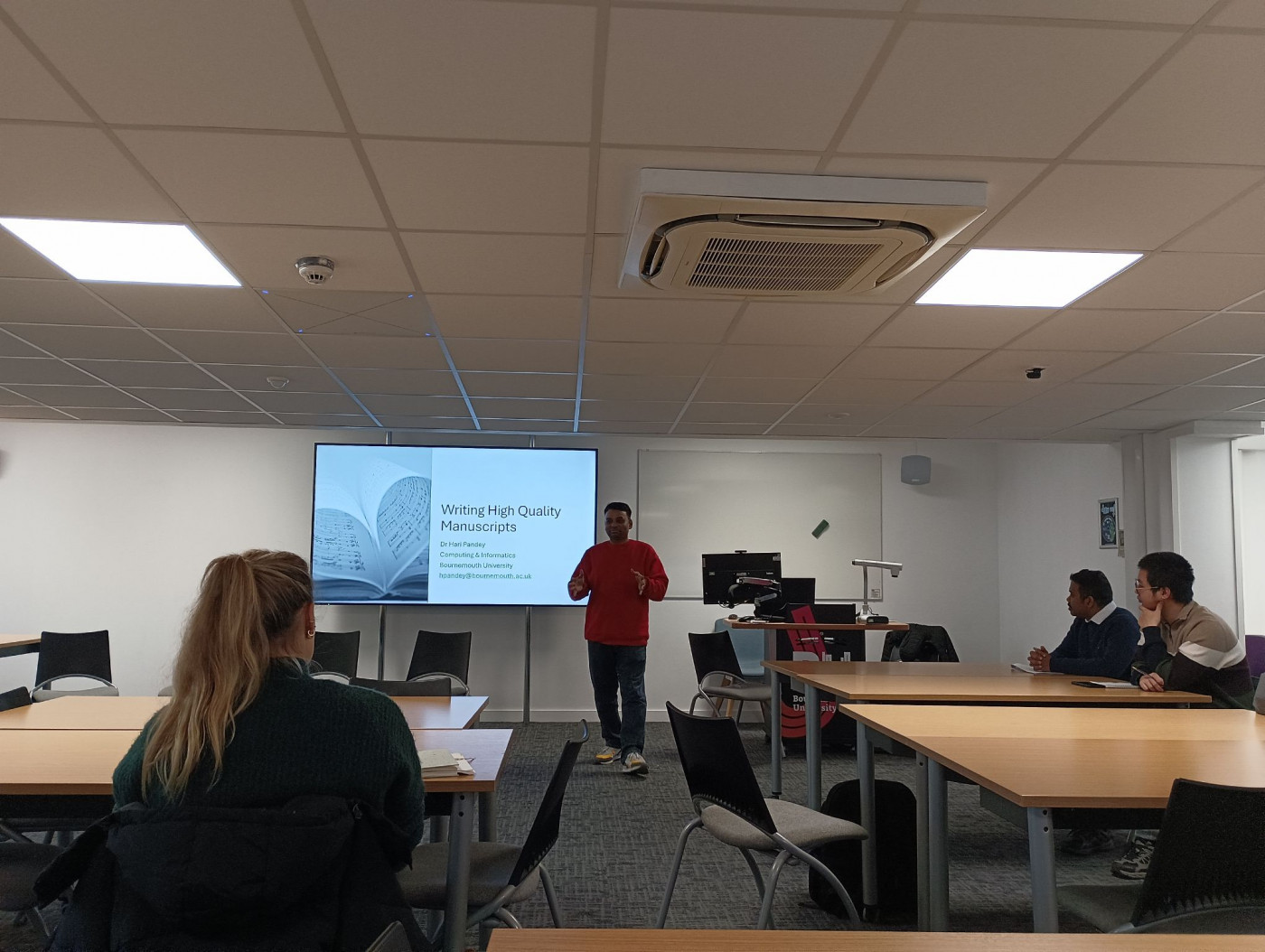
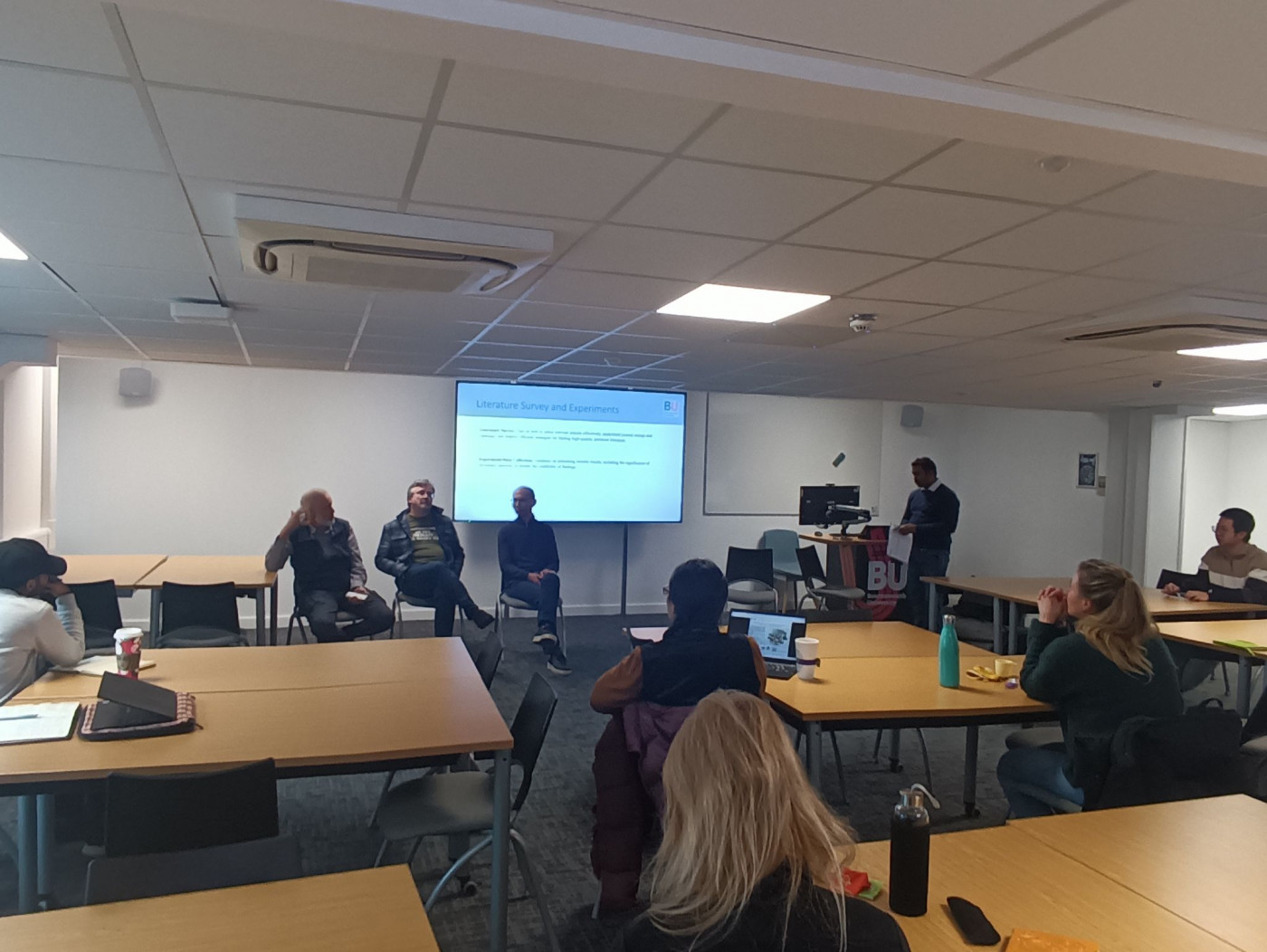

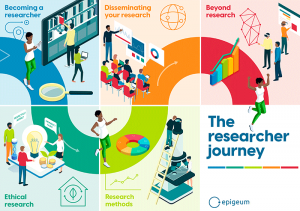 Do you want to refresh your researcher skills? Have a look at the
Do you want to refresh your researcher skills? Have a look at the 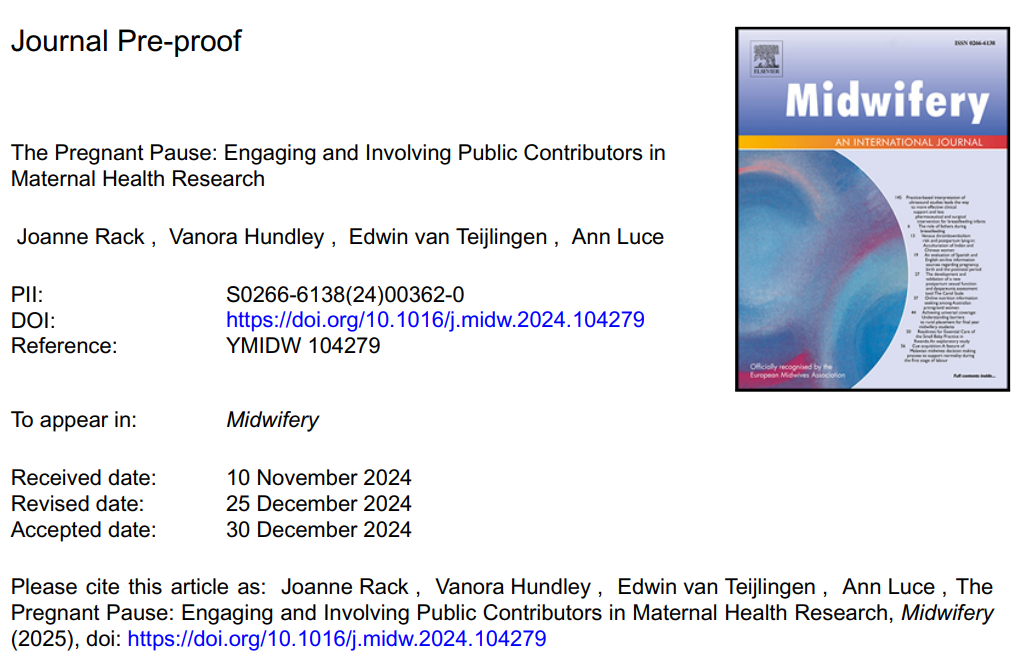


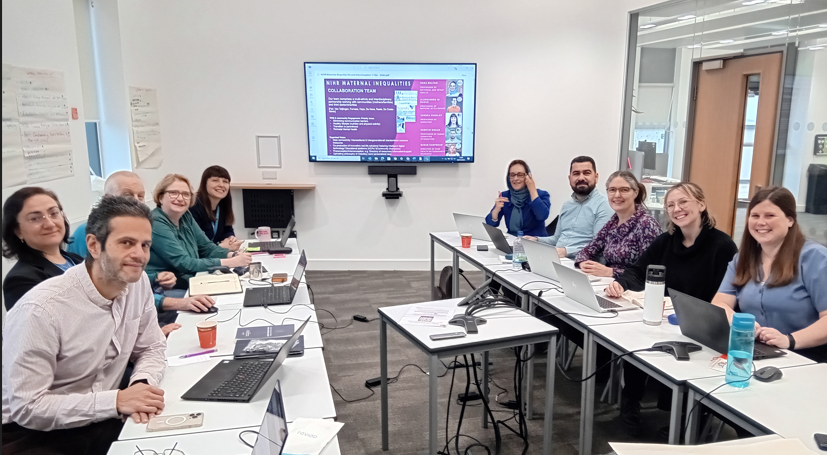

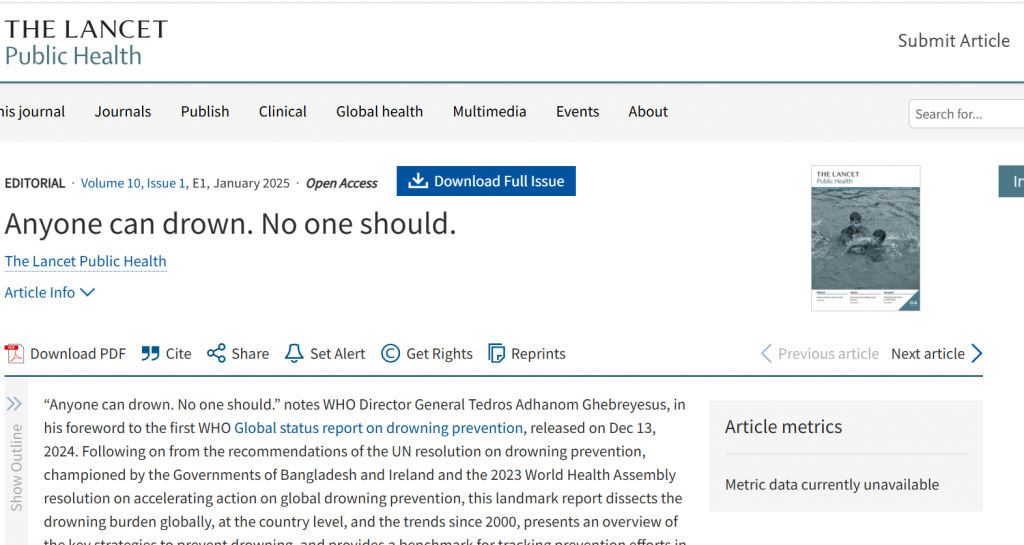


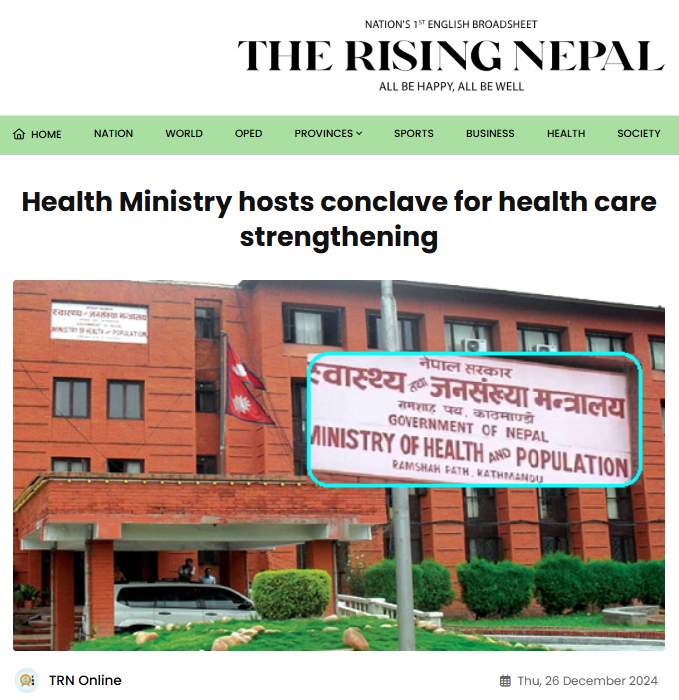
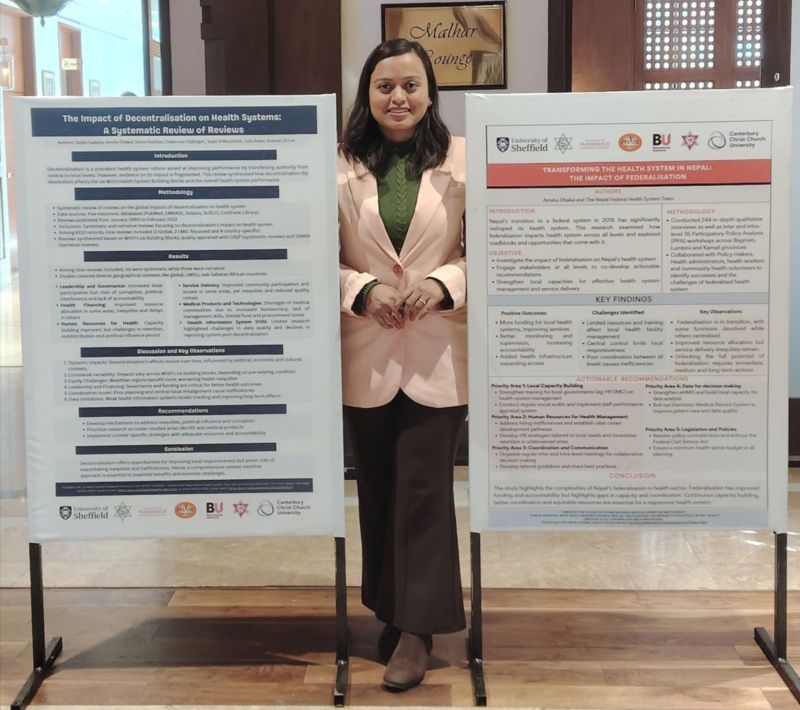


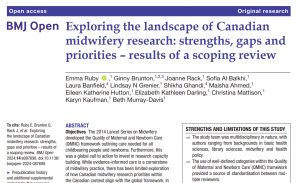
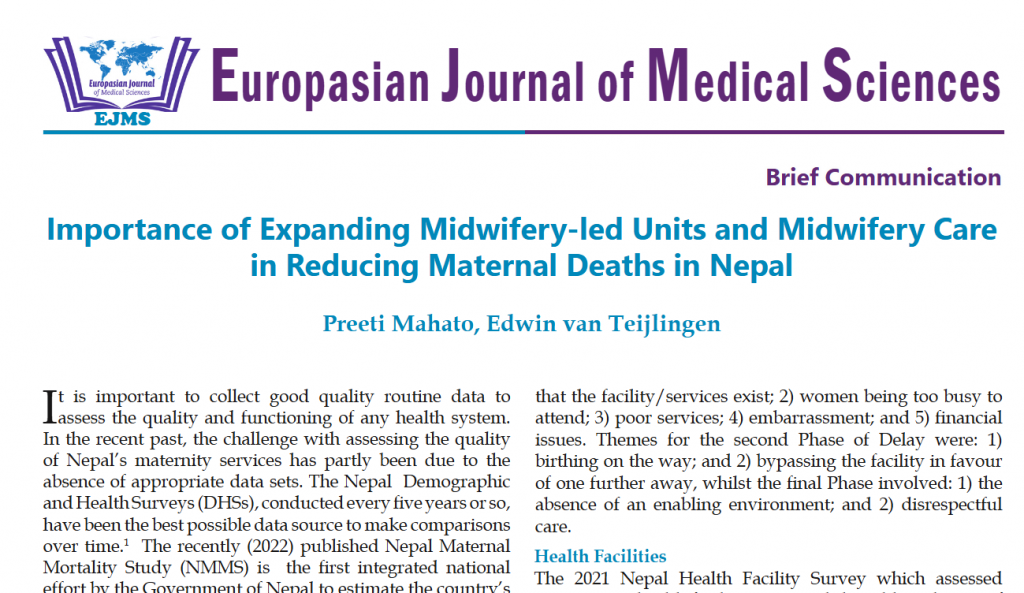
















 Second NIHR MIHERC meeting in Bournemouth this week
Second NIHR MIHERC meeting in Bournemouth this week Dr. Ashraf cited on ‘Modest Fashion’ in The Guardian
Dr. Ashraf cited on ‘Modest Fashion’ in The Guardian NIHR-funded research launches website
NIHR-funded research launches website MSCA Postdoctoral Fellowships 2025 Call
MSCA Postdoctoral Fellowships 2025 Call ERC Advanced Grant 2025 Webinar
ERC Advanced Grant 2025 Webinar Horizon Europe Work Programme 2025 Published
Horizon Europe Work Programme 2025 Published Horizon Europe 2025 Work Programme pre-Published
Horizon Europe 2025 Work Programme pre-Published Update on UKRO services
Update on UKRO services European research project exploring use of ‘virtual twins’ to better manage metabolic associated fatty liver disease
European research project exploring use of ‘virtual twins’ to better manage metabolic associated fatty liver disease